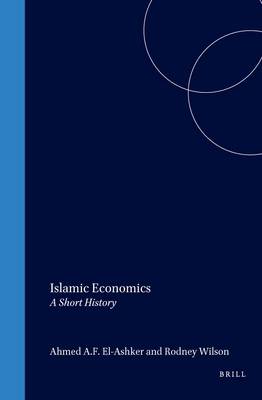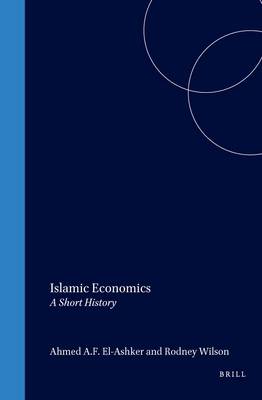
- Afhalen na 1 uur in een winkel met voorraad
- Gratis thuislevering in België vanaf € 30
- Ruim aanbod met 7 miljoen producten
- Afhalen na 1 uur in een winkel met voorraad
- Gratis thuislevering in België vanaf € 30
- Ruim aanbod met 7 miljoen producten
Zoeken
Omschrijving
The study covers Muslim economic thought from the emergence of Islam, long before economics became a separate discipline with distinctive analytical tools. The economic environment in ancient Arabia from which Islam emerged is examined, and the economic concepts in the Qur'ān and Sunnah are discussed, as well as the thinking of early Muslim jurists. Detailed consideration is given to Islamic economic thought during the dynasties of the Umayyads and the Abbasids, periods of administrative and economic reform, as well as of much latter developments under the Ottomans, Safawids and Moghuls. Islamic revivalist reform movements are appraised, as these predated the reawakening of interest in Islamic economics in the last century, and subsequent profusion of writing, with the works of the leading contributors reviewed in this volume.
Specificaties
Betrokkenen
- Auteur(s):
- Uitgeverij:
Inhoud
- Aantal bladzijden:
- 468
- Taal:
- Engels
- Reeks:
- Reeksnummer:
- nr. 3
Eigenschappen
- Productcode (EAN):
- 9789004151345
- Verschijningsdatum:
- 27/10/2006
- Uitvoering:
- Hardcover
- Formaat:
- Genaaid
- Afmetingen:
- 173 mm x 246 mm
- Gewicht:
- 1002 g

Alleen bij Standaard Boekhandel
+ 604 punten op je klantenkaart van Standaard Boekhandel
Beoordelingen
We publiceren alleen reviews die voldoen aan de voorwaarden voor reviews. Bekijk onze voorwaarden voor reviews.








